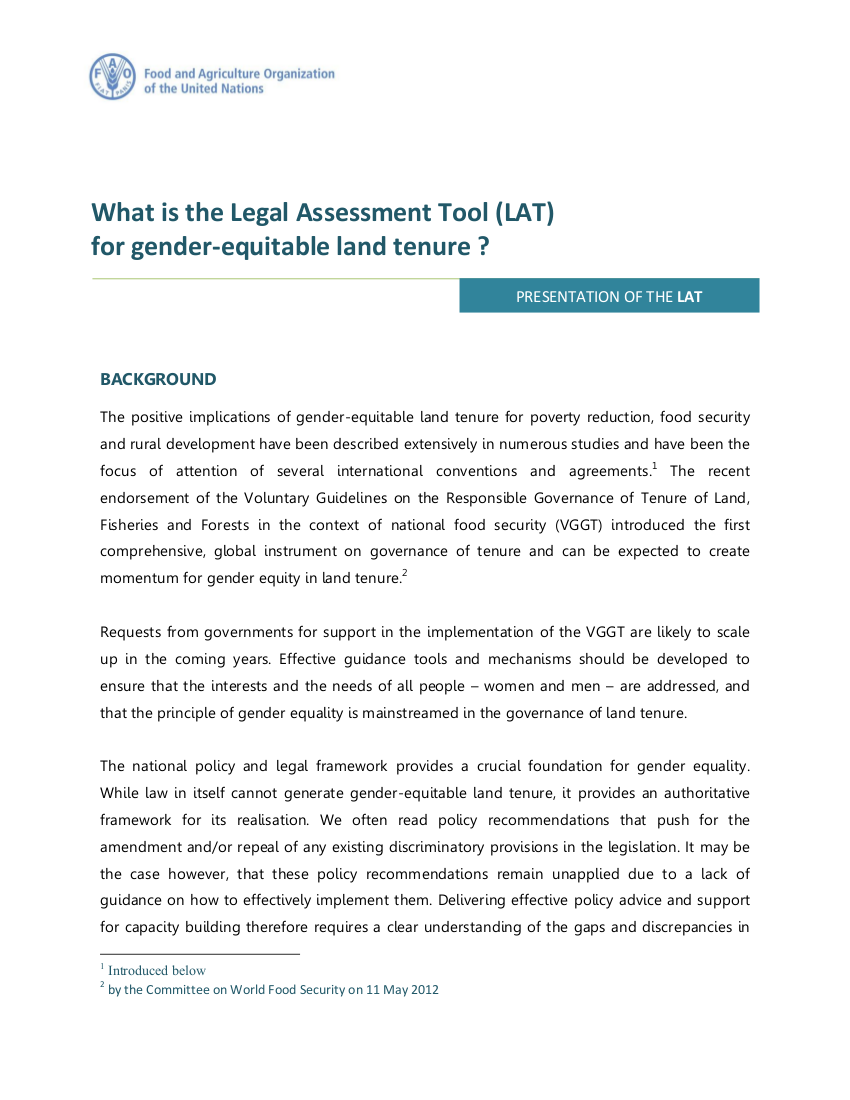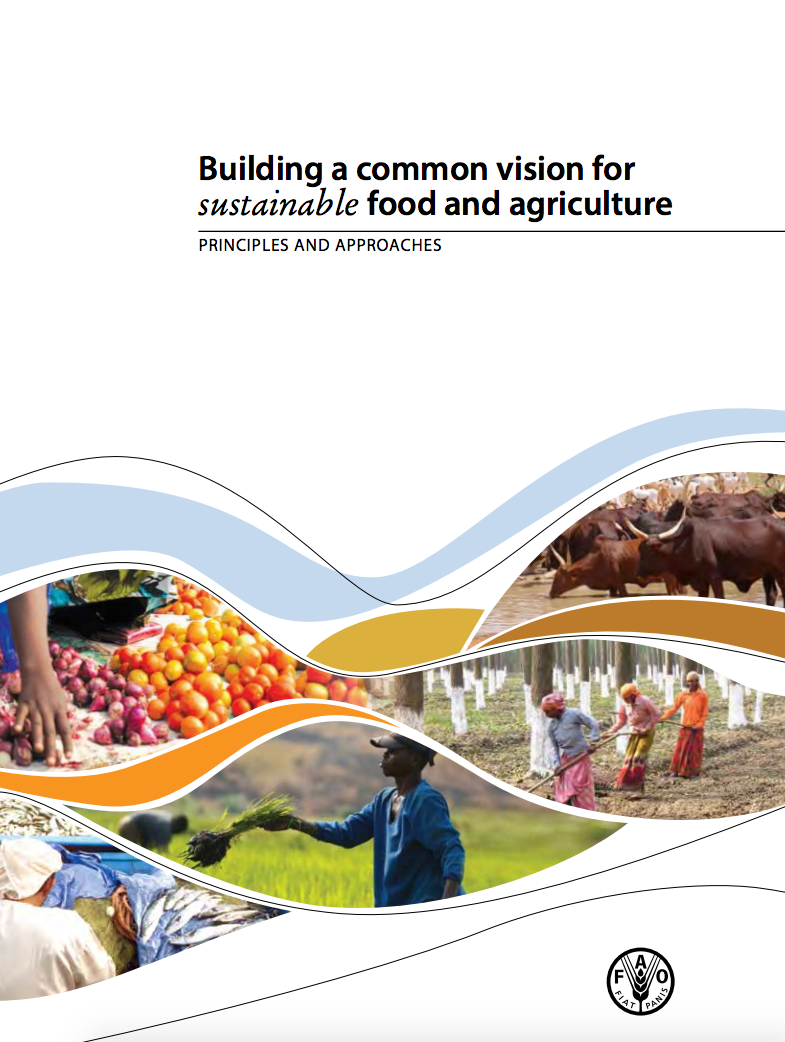Focal point
Location
The Food and Agriculture Organization of the United Nations leads international efforts to defeat hunger. Serving both developed and developing countries, FAO acts as a neutral forum where all nations meet as equals to negotiate agreements and debate policy. FAO is also a source of knowledge and information. We help developing countries and countries in transition modernize and improve agriculture, forestry and fisheries practices and ensure good nutrition for all. Since our founding in 1945, we have focused special attention on developing rural areas, home to 70 percent of the world's poor and hungry people.
Members:
Resources
Displaying 1831 - 1835 of 5074Ukraine : Soil Fertility to Strengthen Climate Resilience
Ukraine is renowned as the breadbasket
of Europe thanks to its black soils ( Chernozem black
because of the high organic matter content) which offer
exceptional agronomic conditions. One-third of the worldwide
stock of the fertile black soils, which cover more than half
of Ukraine s arable land, a large variety of climatic zones,
and favourable temperature and moisture regimes, offers
attractive conditions for the production of a large range of
What is the Legal Assessment Tool (LAT) for gender-equitable land tenure ?
The Legal Assessment Tool (LAT) for gender-equitable land tenure was developed by FAO’s
Gender and Land Rights Database (GLRD) for the purpose of providing prompt, targeted and
effective policy advice and capacity development to FAO’s Member countries working towards
gender-equitable land tenure.
Building a common vision for sustainable food and agriculture
Over the coming 35 years, agriculture will face an unprecedented confluence of pressures, including a 30 percent increase in the global population, intensifying competition for increasingly scarce land, water and energy resources, and the existential threat of climate change. To provide for a population projected to reach 9.3 billion in 2050 and support changing dietary patterns, estimates are that food production will need to increase from the current 8.4 billion tonnes to almost 13.5 billion tonnes a year.
ASEAN and FAO cooperation
ASEAN-FAO cooperation on food security, agriculture, fisheries, forestry and sustainable development was first formalized through an exchange of letters between the ASEAN Secretariat and FAO from 1999-2000. Since then, FAO has been actively collaborating with ASEAN in a number of regional projects and activities.









